My old Oxford college, Mansfield, isn’t a famous establishment, though its current principal, ‘Baroness Helena Kennedy’, as she incorrectly styles herself, has raised its profile by lefty networking. (Owen Jones, no less, has lectured there.) The building is pretty, however, and its nonconformist chapel splendid, so long as you avert your eyes from the gruesome stained-glass Reformed divines. The organ was played by Albert Schweitzer and makes a mighty racket.
This I know because in the 1980s the chapel was unlocked, which allowed me to creep in after a night on the sauce. I’d pull out all the stops, cackling like Vincent Price in The Abominable Dr Phibes. No pedals, though. I’d briefly taken organ lessons with the chaplain’s wife, but your brain doesn’t want to move your feet in the opposite direction to your hands and until you learn that trick (which I never did) the pedals are hateful. You can also bang your head on them if you find yourself homeless and spend a fortnight sleeping overnight in the tiny organ loft. But that’s another story.
My failure to learn the pedals put me off the instrument until this last Christmas, when I addressed my shameful ignorance of Bach’s organ music. You can’t understand Bach unless you’ve listened properly to the chorale preludes. Here the composer’s imagination roams in a way that’s possible only on the organ.
In an ‘ornamental chorale’ the hymn tune is embellished so that it’s scarcely recognisable to modern listeners. Busoni made gorgeous piano arrangements of some of these pieces — for example, Nun Komm, der Heiden Heiland BWV 659. But matching the soprano arabesques to the hymns is much easier if you hear them on an organ. At which point you’re dragged into the minefield of manuals and registrations. Old-school romantic organists ‘orchestrated’ Bach by playing with stops mid-performance. Baroque purists regard this as mutilation. For most music lovers, life is too short to understand these technical questions, let alone take sides.
The politics of the organ are pretty toxic. The root of the problem is that the ‘king of instruments’ is usually in the house of God. The battles vary from country to country. The composer Gerald Barry was sacked as organist of a German Lutheran church when they discovered he was Catholic; he then moved to a Catholic parish where he fell out with the congregation and punished them by shortening phrases so they gasped for breath.
In France and Germany the organist reigns supreme. In England, power lies with the choirmaster — who is often a virtuoso organist. Relations with the everyday organist can be strained. At St Paul’s Cathedral, rumour has it, a choirmaster was so incensed by an accompaniment that he ran up to the organ loft and pushed the ‘off’ button. ‘You muck up my psalms and I’ll muck up your voluntary,’ he’s supposed to have said.
Then there are ‘parson problems’. My late friend Canon Brian Brindley, ultra-High Church, made his organist sign a contract agreeing never to play, or musically allude to, Luther’s Reformation chorale Ein feste Burg. Naturally the organist took this as a challenge, wove the notes into an improvisation and was caught. Brian had a sharp ear and was similarly unamused when he realised that his flock were listening to disguised variations on ‘Yes! We Have No Bananas’.
Solemn yet unintentionally comical: the paradox applies both to the organ and the musicians who play it, at least in England. We imagine organists dropping sheet music as they scurry around. I’ve seen it happen — yet only someone who has tried to learn the instrument can grasp how monstrously difficult it is. It drives me mad to see people rush out of church during a good performance of Bach’s St Anne Prelude and Fugue; would they do the same to a pianist playing the Appassionata (which is easier to play)? It wouldn’t happen in Germany, where some churches have pews that swivel like the benches in old-fashioned trams so the congregation can face the organist.
Where the non-Bach repertoire is concerned, however, I’m confused. Buxtehude, Brahms, Franck, Elgar and Messiaen wrote masterpieces for the instrument, but also for other forces. How good is the music of the ‘organ composers’ Boëllmann, Dupré, Karg-Elert, Vierne and Widor? Certainly Widor’s piano concertos are only so-so; they sound like the fruit of improvisation, which is a skill that, among classical musicians, only organists possess to a high degree.
Appreciating the organ requires a bit of effort, and some appreciation of the culture that created its extraordinary noises. Despite attempts by experimental composers to ‘reclaim’ the instrument by making it wheeze and fart, the peaks of the repertoire can’t easily be divorced from the liturgy. The Christian symbolism of Bach’s organ music, for example, reaches down layer after layer. How deep you want to go is up to you. My advice is to log on to Spotify and select a chorale prelude at random from Peter Hurford’s 17-CD set. At the very least, you’re likely to discover glorious music you didn’t know existed.
Got something to add? Join the discussion and comment below.
Get 10 issues for just $10
Subscribe to The Spectator Australia today for the next 10 magazine issues, plus full online access, for just $10.

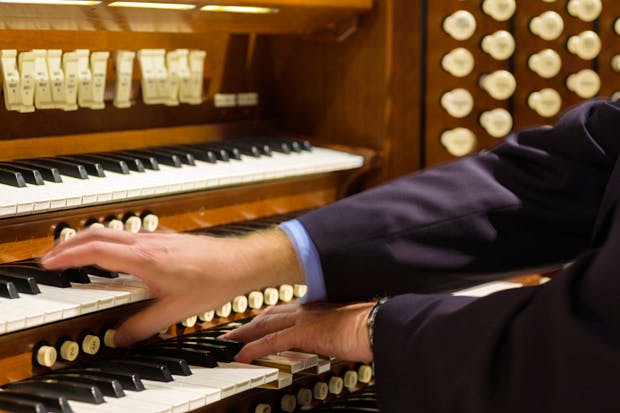
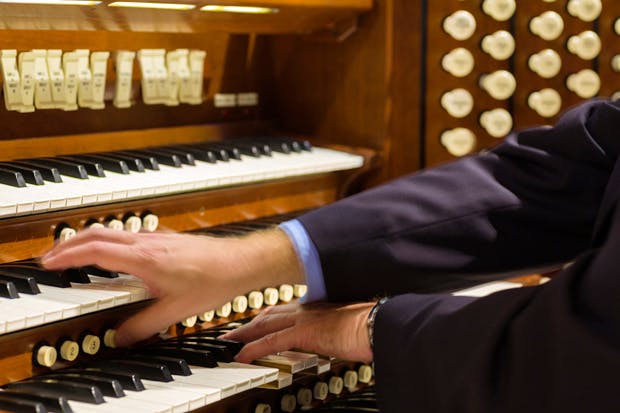

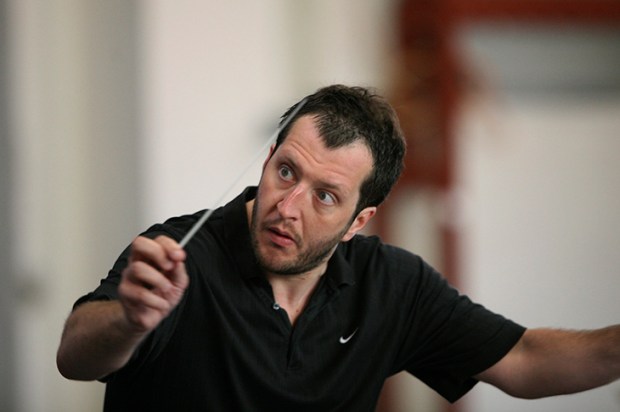
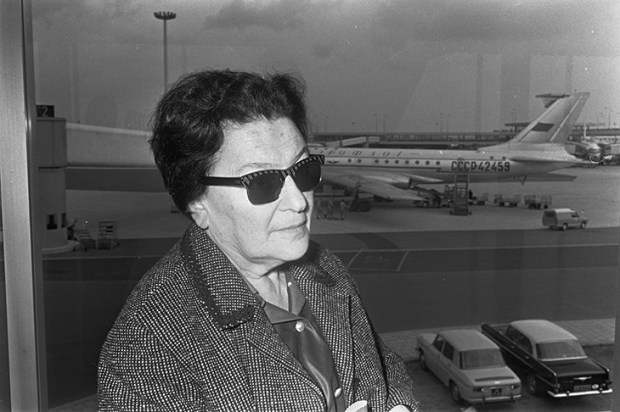
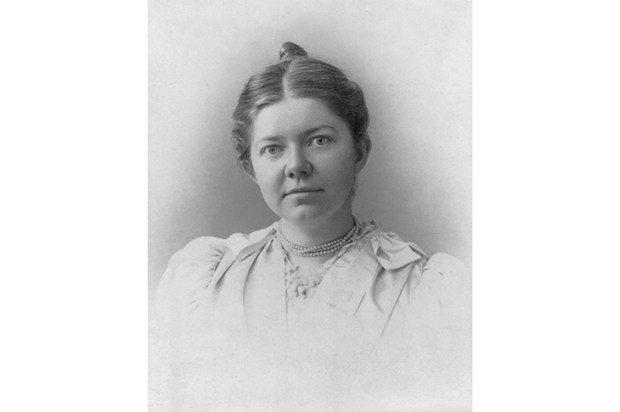
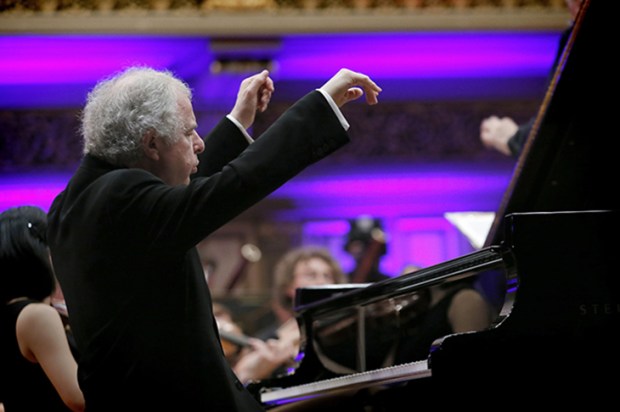






Comments
Don't miss out
Join the conversation with other Spectator Australia readers. Subscribe to leave a comment.
SUBSCRIBEAlready a subscriber? Log in